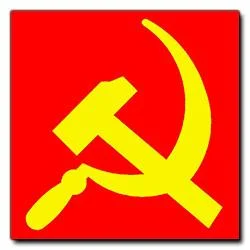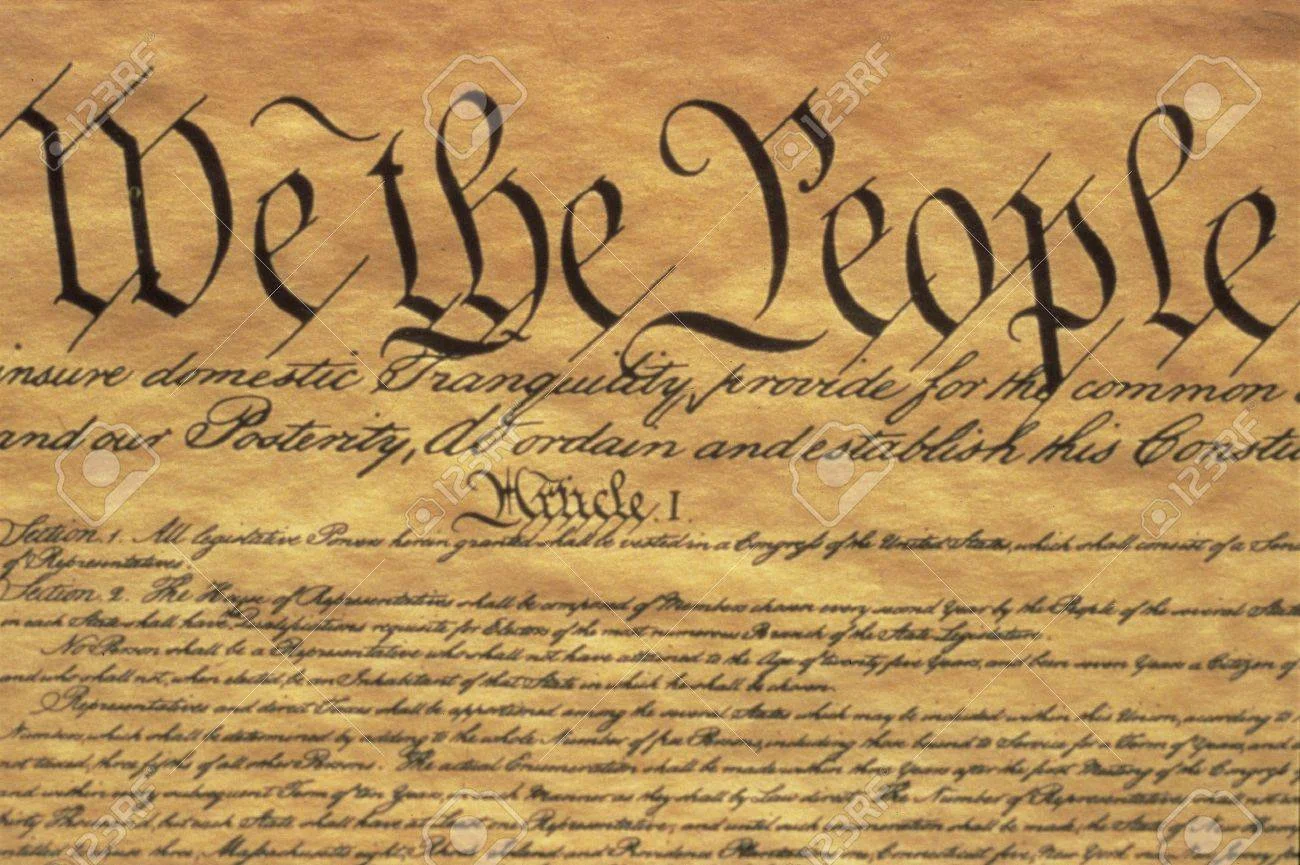Marxism
Marxism
Communism and Socialism are terms often confused for each other. While they are both ideas which were popularized by Marx, they are two different philosophies. These differences get to the root as to why Marxism has always failed.
Communism is a stateless society where everyone produces according to ability and consumes according to need. Socialism aims to create the stateless communist society by increasing the power of the state. This is the heart of why Marxism has always failed.
Communism is, according to Marx in his Critique of the Gotha Programme,
“In a higher phase of communist society, after the enslaving subordination of the individual to the division of labor, and therewith also the antithesis between mental and physical labor, has vanished; after labor has become not only a means of life but life's prime want; after the productive forces have also increased with the all-around development of the individual, and all the springs of co-operative wealth flow more abundantly -- only then then can the narrow horizon of bourgeois right be crossed in its entirety and society inscribe on its banners: From each according to his ability, to each according to his needs!”[1]
How do we get to each producing to their abilities and only consuming according to their needs? According to Frederich Engels, Marx’s patron, Communism requires the abolition of the state.
In The State and Revolution, Part 4. The Higher Phase of Communist Society, Lenin comments on Engels’s views on Marx’s above quote. He believes that there is no freedom so long as a state (government) exists.
“Only now can we fully appreciate the correctness of Engels’s remarks mercilessly ridiculing the absurdity of combining the words ‘freedom’ and ‘state’. So long as the state exists there is no freedom. When there is freedom, there will be no state.
The economic basis for the complete withering away of the state is such a high state of development of communism at which the antithesis between mental and physical labor disappears, at which there consequently disappears one of the principal sources of modern social inequality- a source, moreover, which cannot on any account be removed immediately by the mere conversion of the means of production into public property, by the mere expropriation of the capitalists.”[2]
Despite the state getting in the way of Communism, Marx believed in using the power of the state to make everyone act like a good Communist. In the Communist Manifesto, Marx writes,
“We have seen above, that the first step in the revolution by the working class, is to raise the proletariat to the position of ruling class, to win the battle of democracy.
The proletariat will use its political supremacy, to wrest, by degrees, all capital from the bourgeoisie, to centralise all instruments of production in the hands of the State, i.e., of the proletariat organised as the ruling class; and to increase the total productive forces as rapidly as possible.
Of course, in the beginning, this cannot be effected except by means of despotic inroads on the rights of property, and on the conditions of bourgeois production; by means of measures, therefore, which appear economically insufficient and untenable, but which, in the course of the movement, outstrip themselves, necessitate further inroads upon the old social order, and are unavoidable as a means of entirely revolutionising the mode of production.”[3]
As read above “Democratic-Socialism” is not a new concept. It is as old as the Communist Manifesto. Continuing, Marx then states,
“These measures will of course be different in different countries.
Nevertheless in most advanced countries, the following will be pretty generally applicable.
1. Abolition of property in land and application of all rents of land to public purposes.
2. A heavy progressive or graduated income tax.
3. Abolition of all rights of inheritance.
4. Confiscation of the property of all emigrants and rebels.
5. Centralization of credit in the hands of the State, by means of a national bank with State capital and an exclusive monopoly.
6. Centralisation of the means of communication and transport in the hands of the State.
7. Extension of factories and instruments of production owned by the State: the bringing into cultivation of waste lands, and the improvement of the soil generally in accordance with a common plan.
8. Equal obligation of all to labour. Establishment of industrial armies, especially for agriculture.
9. Combination of agriculture with manufacturing industries: gradual abolition of all the distinction between town and country, by a more equable distribution of the population over the country.
10. Free education for all children in public schools. Abolition of children’s factory labour in its present form. Combination of education with industrial production, etc, etc.”
One can decipher for one’s self whether one’s state has adopted Socialism.
Of course, if one’s goal is the abolition of the state and yet the means of achieving that goal is granting power to the state to create “despotic inroads into the rights of property,” one will see that one’s goal will quite often fail. A Communist contemporary of Marx, Michail Bakunin, wrote on page 10 in Statism and Anarchy (1873),
“No state, however democratic- not even the reddest republic-can ever give the people what they really want, i.e., the free self organization and administration of their own affairs from the bottom upward, without any interference or violence from above, because every state, even, the pseudo-People’s State concocted by Mr. Marx, is in essence only a machine ruling the masses from above, through a privileged minority of conceited intellectuals, who imagine that they know what the people need and want better than do the people themselves.”[4]
On page 24 of Liberty and Property, the economist Ludwig von Mises clarifies the difference between the state’s empire and society’s chocolate king,
“Their [the Socialists] inability to comprehend things as they are is reflected in such inappropriate metaphors as industrial kingdom and dukedoms. They are too dull to see the difference between a sovereign king or duke who could be dispossessed only by a more powerful conqueror and a ‘chocolate king’ who forfeits his ‘kingdom’ as soon as the customers prefer to patronize another supplier. This distortion is at the bottom of all socialist plans.“[6]
On page 20, Mises makes these points about who really has power under capitalism,
“There is under capitalism one way to wealth: to serve the consumers better and cheaper than other people… The consumer is king, is the real boss, and the manufacturer is done for if he does not outstrip his competitors in best serving consumers.”
Practically speaking, most self-described Communists and Socialists do not even know the technical difference between Communism and Socialism. Most advocate for a police state. Since Marxists use the state to create a stateless society, Marxism is a self-evidently flawed philosophy.
Mises sums up Marxism thusly in his essay, Middle of the Road Policy Leads to Socialism,
“But, of course, the practical political conclusions which people drew from this dogma were not uniform. One group declared that there is but one way to wipe out these evils, namely to abolish capitalism entirely. They advocate the substitution of public control of the means of production for private control. They aim at the establishment of what is called socialism, communism, planning, or state capitalism. All these terms signify the same thing. No longer should the consumers, by their buying and abstention from buying, determine what should be produced, in what quantity and of what quality. Henceforth a central authority alone should direct all production activities.”[7]
To quote Thomas Jefferson, 3rd president of the USA,
“Rightful liberty is unobstructed action according to our will within limits drawn around us by the equal rights of others. I do not add 'within the limits of the law' because law is often but the tyrant's will, and always so when it violates the rights of the individual.”
-Letter to Isaac Tiffany April 4, 1819[8]
Considering that he was both the author of the Declaration of Independence and a slave owner, I will take him at his word when he defines tyranny.
Communism and Socialism are terms often confused for each other. While they are both ideas which were popularized by Marx, they are two different philosophies. These differences get to the root as to why Marxism has always failed.
[1] https://www.marxists.org/archive/marx/works/download/Marx_Critque_of_the_Gotha_Programme.pdf
[2] https://www.marxists.org/ebooks/lenin/state-and-revolution.pdf
[3] http://www.slp.org/pdf/marx/comm_man.pdf
[4] http://theanarchistlibrary.org/library/michail-bakunin-statism-and-anarchy.pdf
[5] https://fee.org/media/14951/thelaw.pdf
[6] https://mises-media.s3.amazonaws.com/Liberty%20and%20Property_3.pdf
[7] https://mises.org/library/middle-road-policy-leads-socialism
[8] https://founders.archives.gov/documents/Jefferson/98-01-02-0303


